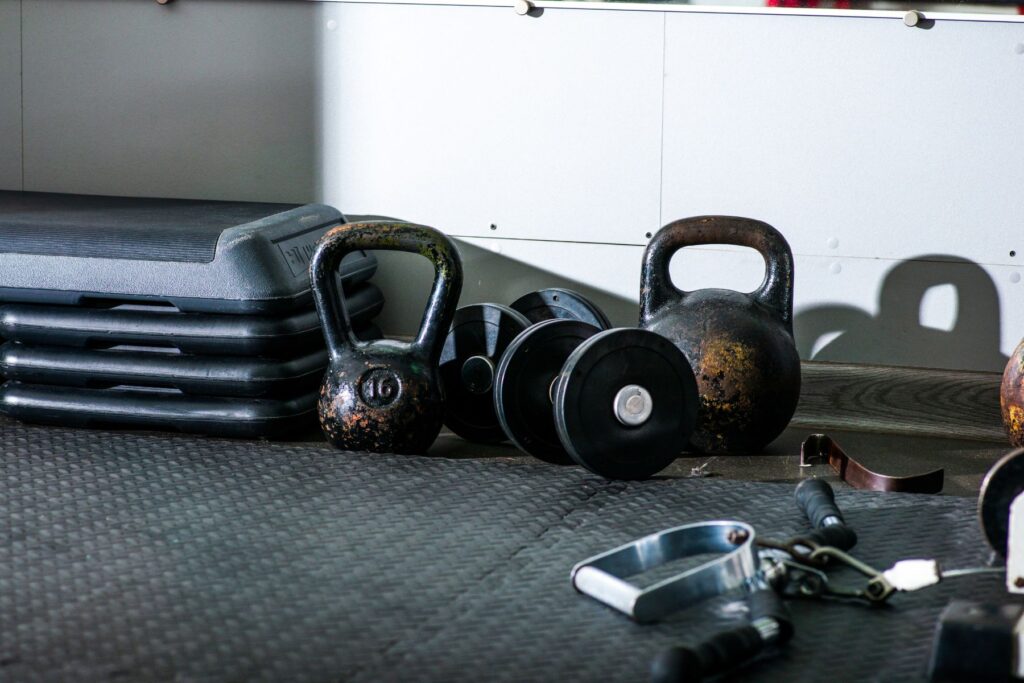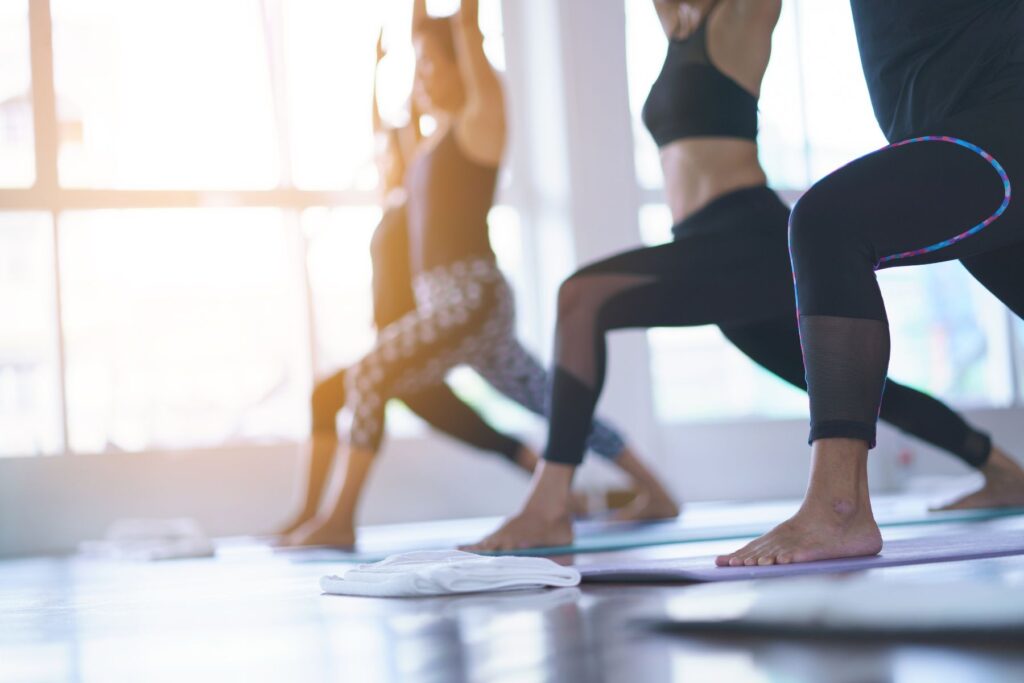Toxic Gym Culture
January 16, 2024

Have you ever heard the phrase, toxic gym culture?
We all know physical activity is great for both our mental and physical health. There are many different types of exercises and places to exercise. Some people dance, swim, run, cycle or lift weights. Some people enjoy working out at home or prefer to go to a gym. Regardless of where you exercise or what type of exercise you engage in, you should not feel judged, shamed, or belittled. You should find joy in the exercise you choose to engage in instead of having it be a stressful experience. You should not feel pressured to eat a certain way or look a certain way in order to be a worthy person.
Although these are the ideals we should all hold when it comes to food and exercise, sometimes society can make it difficult. Often when people think of exercising or eating healthy they feel pressure from others around them or from social media to engage in a certain activity or eat and certain way. If they don’t do this, they feel shamed and judged. This is the basis of what is known as toxic gym culture.
What is Toxic Gym Culture?

Toxic gym culture does not necessarily refer to the actual culture at your local gym or fitness studio. In fact, many gyms and fitness studios can be very welcoming and shame free places to engage socially as well as exercise. Toxic gym culture refers to the mindset and actions of some individuals within the fitness, health, and wellness space. These individuals or groups of people engage in actions such as body shaming , judgement, pressure to conform to a certain way of eating or exercising that they deem as healthy and superior.
Where Does Toxic Gym Culture Stem From?

Fitness influencers can play a big role in this toxic gym culture. a 2019 study from the University of Alberta looked at 194 fitness blogs and their authors.Only ~16.4% of the authors had certifications related to fitness or exercise. This statistic is staggering but not entirely shocking. You may often see an unqualified social media influencer promoting a certain workout, meal plan, or diet. They will tell their followers that they need to engage in this diet or workout to be as fit and healthy as them and make their followers feel shamed for not doing so. The reality is this is false, misleading, and can be harmful.
In this age of social media it’s become increasingly important to ensure the information you are viewing is coming from reputable credentialed sources. This is also key to combatting toxic gym culture. Don’t let any unqualified influencer shame you into thinking you need to eat or exercise a certain way to be healthy.
How can we Counter Toxic Gym Culture?

Certain movements like the Health at Every Size (HAE) movement have helped to reverse some of these toxic gym culture ideals in the mainstream media.
HEA promotes the idea of engaging in healthy eating and enjoyable exercise without the goal of weight loss. For those practicing HEA , the goal of healthy eating and exercise is to just feel better.
Many of us are consumers of fitness, nutrition, and health related social media. We have the power to curate our social media feeds to avoid the pitfall of toxic gym culture online. Start by following more credentialed health care practitioners whose messages align with your health and fitness goals.
If you’re looking for a sports dietitian to help you optimize your performance, health, recovery, and sleep through optimizing your fueling and hydration plan, we’re here to help. Check out our performance packages here.
References:
Brown, M. (2020, September 25). Exercise bloggers offer dubious advice, study suggests. https://www.ualberta.ca/folio/2020/09/exercise-bloggers-offer-dubious-advice-study-suggests.html
Walton-Smith, S. (2021, October 21). Navigating the growing toxicity of gym culture. Varsity. https://www.varsity.co.uk/sport/22166
National Geographic. Health at every size. https://education.nationalgeographic.org/resource/health-every-size/